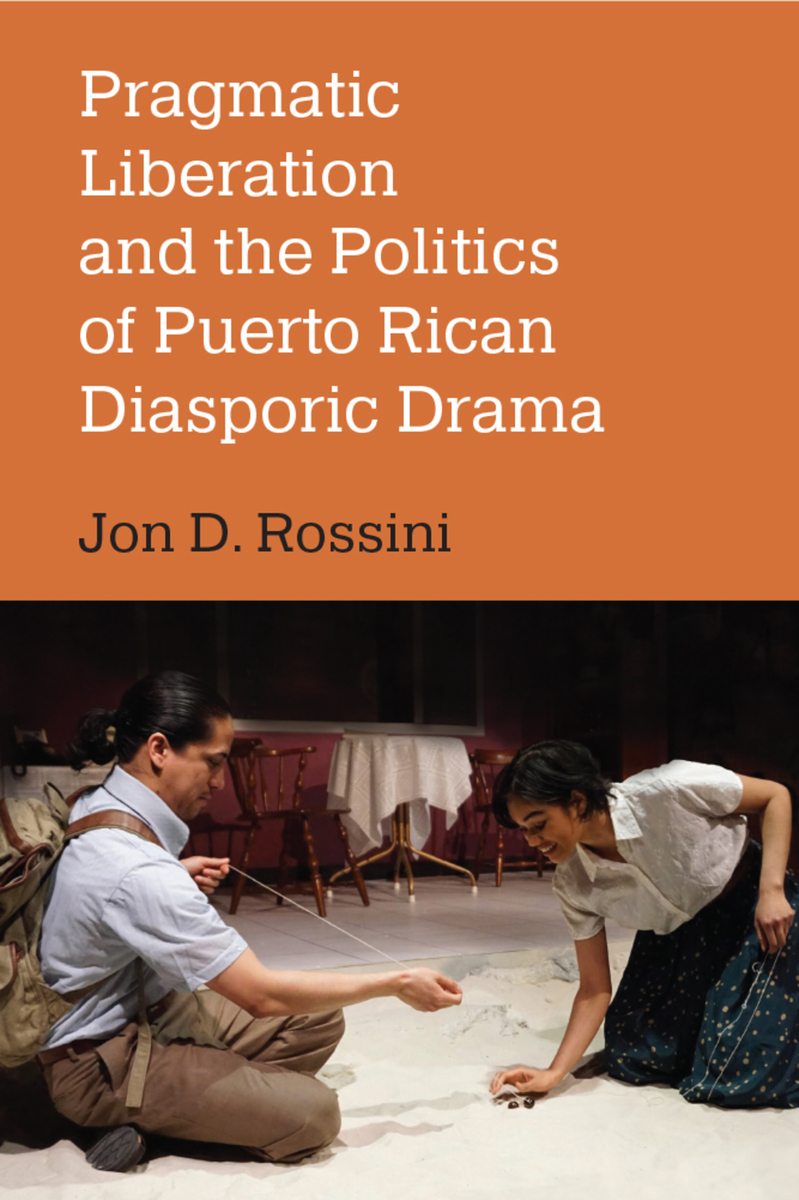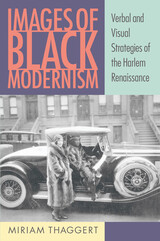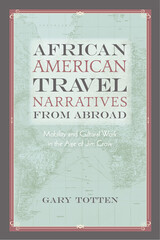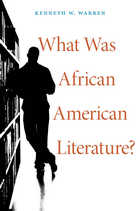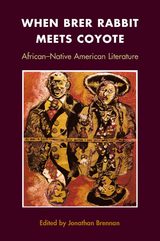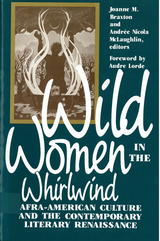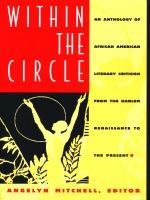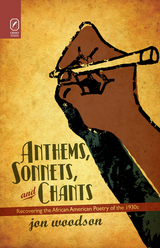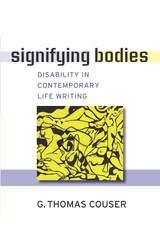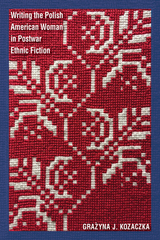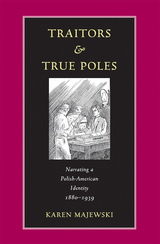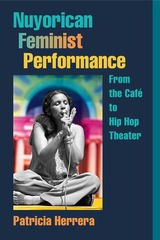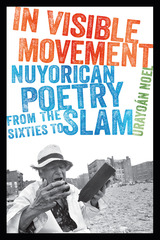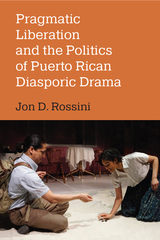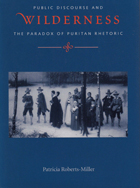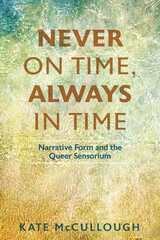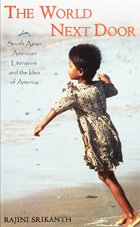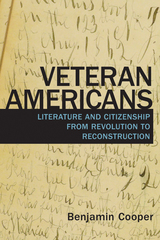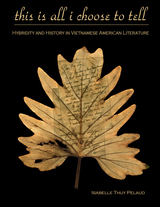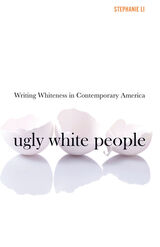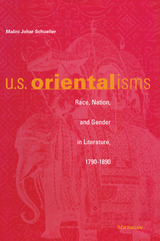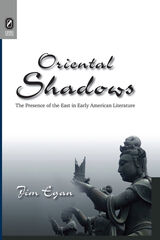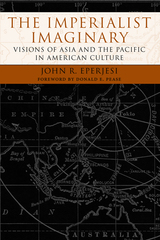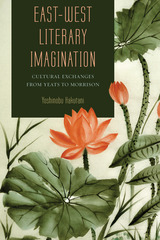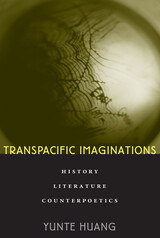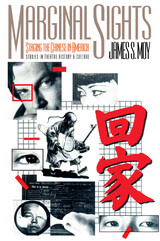Pragmatic Liberation and the Politics of Puerto Rican Diasporic Drama
University of Michigan Press, 2024
Cloth: 978-0-472-07672-7 | Paper: 978-0-472-05672-9 | eISBN: 978-0-472-90441-9 (OA)
Library of Congress Classification PS153.P83R67 2024
Dewey Decimal Classification 812.6098687295
Cloth: 978-0-472-07672-7 | Paper: 978-0-472-05672-9 | eISBN: 978-0-472-90441-9 (OA)
Library of Congress Classification PS153.P83R67 2024
Dewey Decimal Classification 812.6098687295
ABOUT THIS BOOK | AUTHOR BIOGRAPHY | REVIEWS | TOC | REQUEST ACCESSIBLE FILE
ABOUT THIS BOOK
Pragmatic Liberation and the Politics of Puerto Rican Diasporic Drama explores the work of a unique group of playwrights—Puerto Rican dramatists writing in the United States—who offer a model of political engagement. As members of the Puerto Rican diaspora, they have a heightened awareness of the systematic discrimination and the colonial citizenship created by Puerto Rico’s territorial status. Pragmatic Liberation analyzes the work of established playwrights as well as work that has previously received little attention in the world of theater studies, including René Marqués’s Palm Sunday. The book demonstrates the strategies these playwrights use to model a nuanced way of moving toward liberation while being sensitive to the potential impact these actions might have on those closest to us. This is a crucially important model that needs more attention in our currently polarized political moment.
See other books on: American drama | Hispanic & Latino | Puerto Rican authors | Puerto Ricans | Rossini, Jon D.
See other titles from University of Michigan Press
